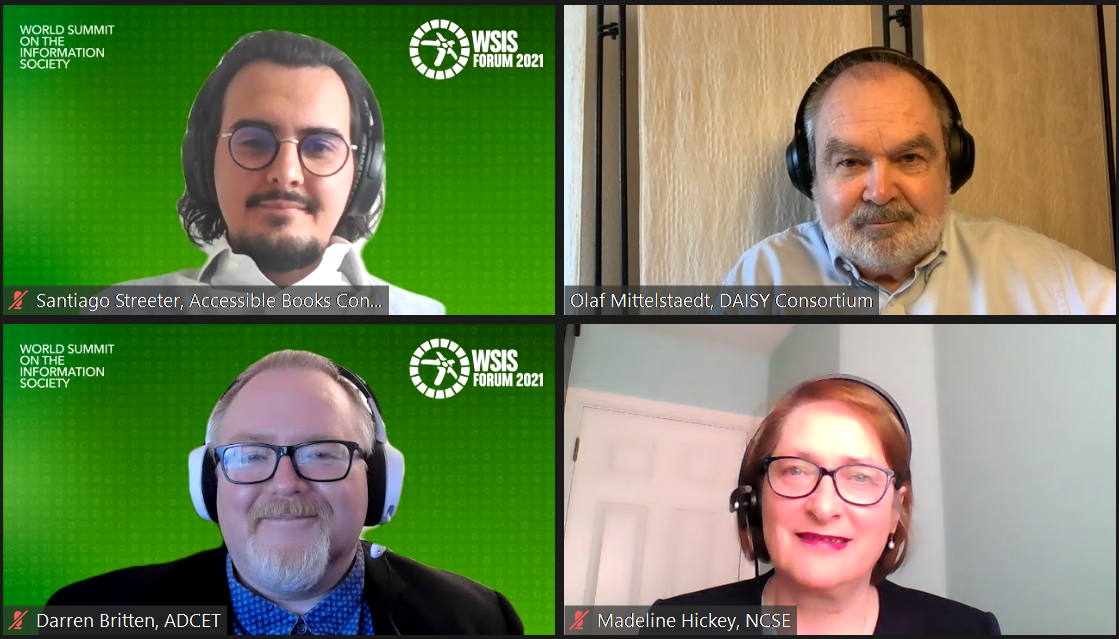ICTs and Accessibility for Persons with Disabilities and Specific Needs: Inclusive education for everyone
WSIS
Session 130
This session will focus on the right of everyone to a quality and public education, discuss the challenges and solutions for children with disabilities to get a good education, acknowledge the role of governments and international communities in achieving equitable quality education for all, and highlight the role of ICTs in assisting students with disabilities to get a good education.
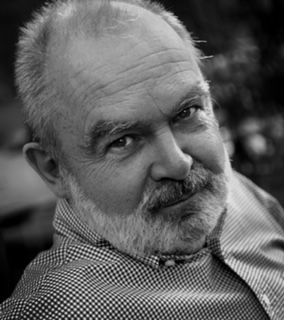
Working as head of production with the task of converting a small library for the blind in Switzerland from analogue to digital talking book production got me on to the DAISY consortium in 1999. Having completed that task, I then went on to assist the five other libraries for the blind in Switzerland with that conversion while training libraries in Germany, France, Mexico, Columbia, Egypt, South Africa, and Palestine in the use and workflow integration of digital talking book production based on the DAISY format and its software tools.
I participated in the process of achieving the Marrakesh Treaty at WIPO, and am a member of the JCA-AHF group at ITU. Presently I am much involved with daisyindia.org to further the reach and scope of Saksham.org.
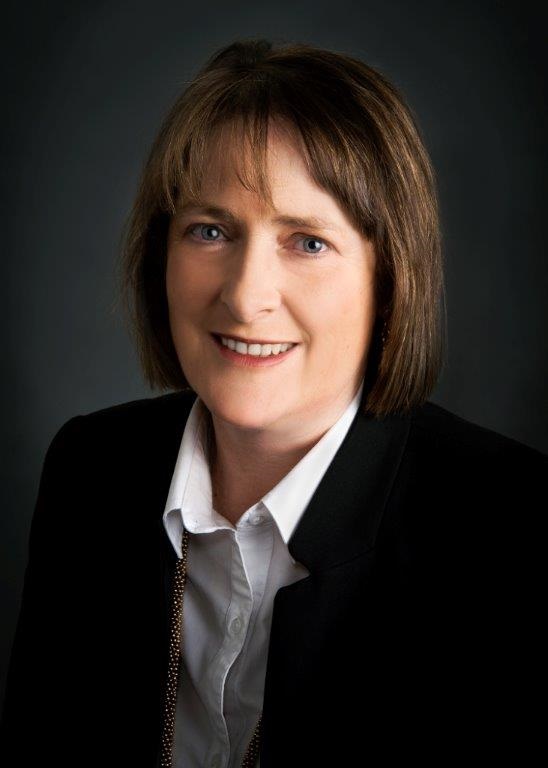
Madeline has worked in the area of inclusive/special education in Ireland since the early 1980s and it that time she has worked to promote better educational outcomes for these students.
Madeline originally qualified as a post-primary teacher of Science and Maths and spend many years as a ‘Teacher of the Deaf’ in a special school for deaf students in Ireland. During this time, she conducted research on how ICT can enhance the communication skills of deaf students.
Madeline also led a support service for teachers that focused on the continual professional development of teachers, in Ireland, with a focus on the teaching and learning of students with additional needs.
She currently works as a Specialist Lead in the area of policy and practice development within the National Council for Special Education (NCSE) in Ireland. Her particular role here includes supporting policy and practice for the education of students who are deaf or hard of hearing or students who are blind or vision impaired.
For more information on the NCSE see - https://ncse.ie/about-us
The NCSE also have a substantial research programme and have published a number of reports including ‘Assistive Technology/Equipment in Supporting the Education of Children with Special Educational Needs – What Works Best?’ that is available at https://ncse.ie/wp-content/uploads/2016/07/NCSE-Assistive-Technology-Research-Report-No22.pdf
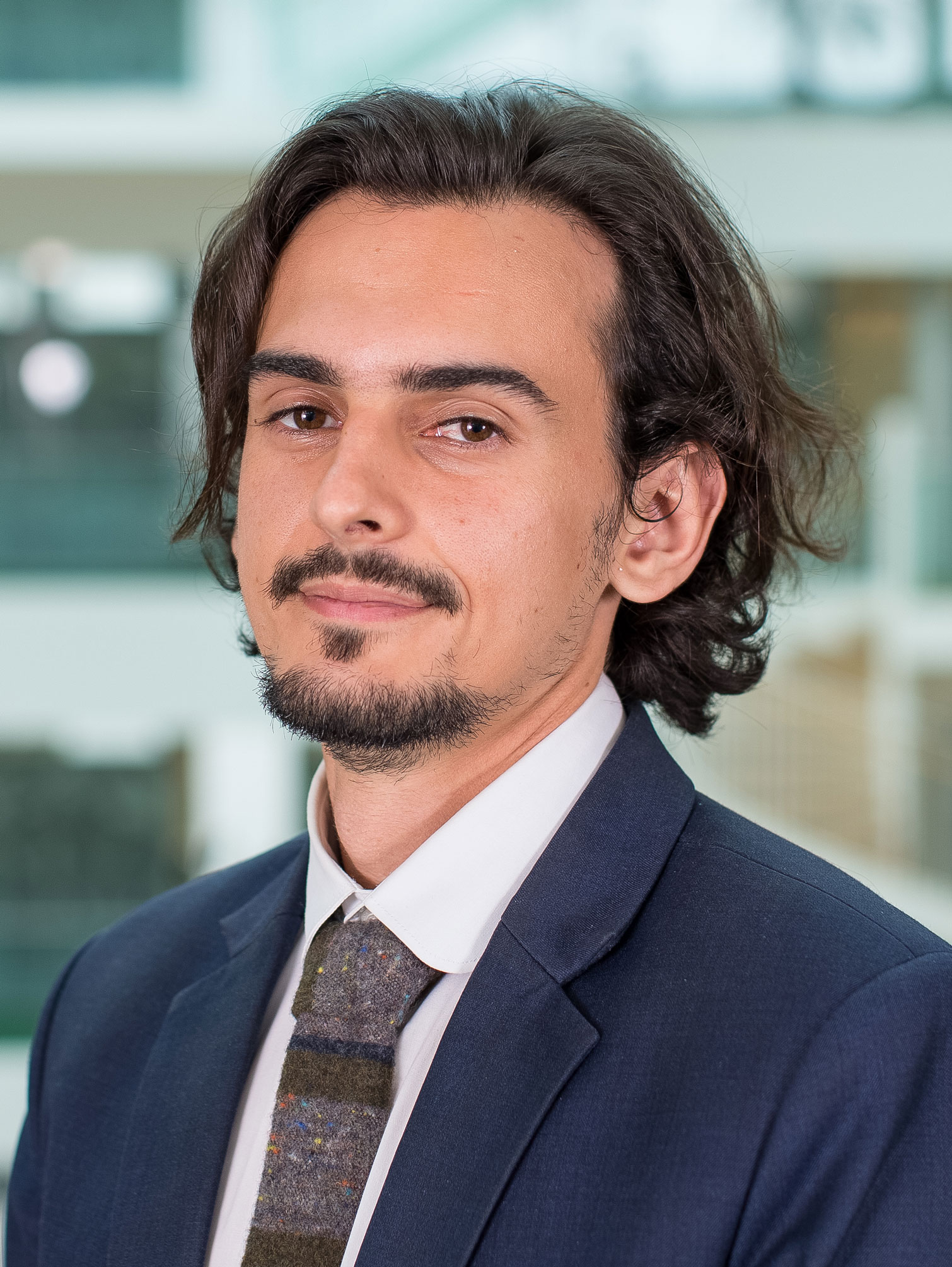
Santiago Streeter is the Capacity Building Focal Point at the Accessible Books Consortium, a public-private partnership led by the World Intellectual Property Organization (WIPO). Santiago works in collaboration with technical assistance teams in each region, to promote ABC activities with local stakeholders, as well as develop, implement and monitor new capacity building projects in developing and least developed countries.
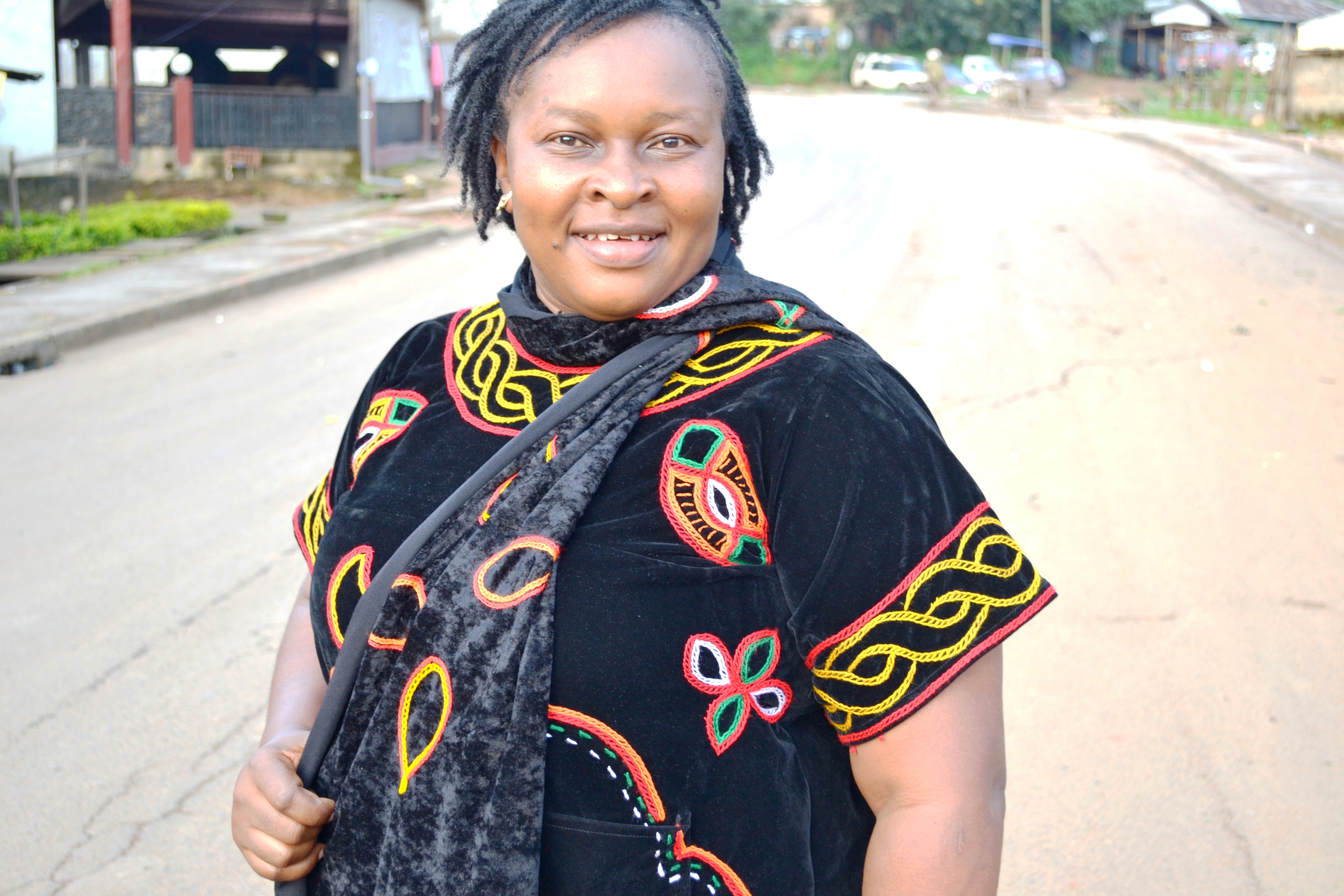
Veronica Ngum Ndi is a Cameroonian from the North West Region, born with a disability she is passionate in advocacy and promoting the rights of women and girls with disabilities for empowerment, inclusive education, digital empowerment, leadership and decision making at all levels of the community. She is the Founder and CEO of the Community Association for Vulnerable Persons (CAVP), based in North West Region of Cameroon. CAVP is focus on the empowerment of women and girls with disabilities and women and girls living with HIV/AIDS who face stigma and discrimination.
In Cameroon, she is a beacon of hope and catalyst for change among women with disabilities and HIV/AIDS. Veronica knows firsthand how people can assume women with disabilities are on the receiving end of support. She is working to end gender based violence and stigma that women with disabilities, teen mothers and girls with HIV/AIDS face in Cameroon through digital empowerment training.

Darren Britten has been involved in e-learning and accessible resource development for the past two decades. He has been active in designing and developing learning objects for online delivery and is passionate about the ‘internet of things’ being accessible to everyone. Darren has worked with hundreds of students in finding assistive and technical solutions to enable equitable participation in the tertiary education system in Australia.
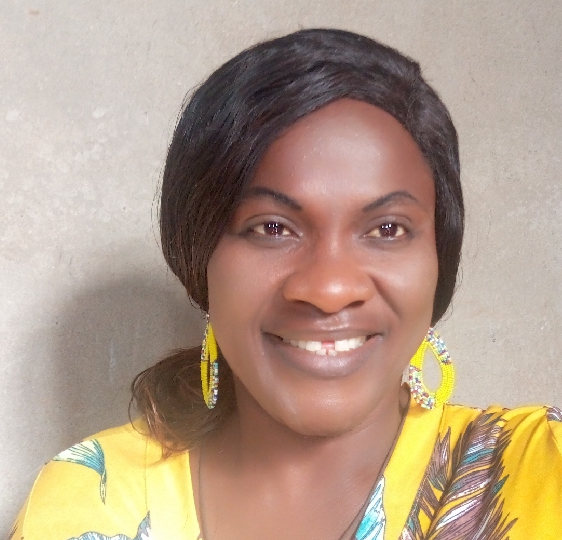
Young Regina Afanwi is the Founder and Executive Director of the Association for the
Empowerment of the Deaf and Vulnerable Persons (AEDVP). She is an advocate for the
economic empowerment of girls and women with disabilities. She contributes to the inclusion
of persons with hearing impairment in inclusive development through her skills in sign language
interpretation. Afanwi is an accredited member of World Pulse a global social network that
connects women worldwide for change. She is also a member of the Gender-based Violence
Sub Cluster for the North West Region, the North West Association for Women with Disabilities,
and the Cameroon Humanitarian Organization Network. She has a Master Degree in Special
Needs Education from the Bamenda University of Science and Technology and a diploma in
Women and Development from the Pan African Institute of Development West Africa. She is a
World Pulse Spirit Award Activator 2020 Winner for her work at the community.
-
 C1. The role of governments and all stakeholders in the promotion of ICTs for development
C1. The role of governments and all stakeholders in the promotion of ICTs for development
-
 C2. Information and communication infrastructure
C2. Information and communication infrastructure
-
 C3. Access to information and knowledge
C3. Access to information and knowledge
-
 C4. Capacity building
C4. Capacity building
-
 C6. Enabling environment
C6. Enabling environment
-
 C10. Ethical dimensions of the Information Society
C10. Ethical dimensions of the Information Society
The session is connected to WSIS Action Lines:
· C1. The role of governments and all stakeholders in the promotion of ICTs for development
· C2. Information and communication infrastructure
· C3. Access to information and knowledge
· C4. Capacity building
· C6. Enabling environment
· C10. Ethical dimensions of the Information Society
-
 Goal 3: Ensure healthy lives and promote well-being for all
Goal 3: Ensure healthy lives and promote well-being for all
-
 Goal 4: Ensure inclusive and equitable quality education and promote lifelong learning opportunities for all
Goal 4: Ensure inclusive and equitable quality education and promote lifelong learning opportunities for all
-
 Goal 8: Promote inclusive and sustainable economic growth, employment and decent work for all
Goal 8: Promote inclusive and sustainable economic growth, employment and decent work for all
-
 Goal 9: Build resilient infrastructure, promote sustainable industrialization and foster innovation
Goal 9: Build resilient infrastructure, promote sustainable industrialization and foster innovation
-
 Goal 10: Reduce inequality within and among countries
Goal 10: Reduce inequality within and among countries
-
 Goal 11: Make cities inclusive, safe, resilient and sustainable
Goal 11: Make cities inclusive, safe, resilient and sustainable
-
 Goal 16: Promote just, peaceful and inclusive societies
Goal 16: Promote just, peaceful and inclusive societies
The session is connected to the Sustainable Development Goals:
· Goal 3: Ensure healthy lives and promote well-being for all
· Goal 4: Ensure inclusive and equitable quality education and promote lifelong learning opportunities for all
· Goal 8: Promote inclusive and sustainable economic growth, employment and decent work for all
· Goal 9: Build resilient infrastructure, promote sustainable industrialization and foster innovation
· Goal 10: Reduce inequality within and among countries
· Goal 11: Make cities inclusive, safe, resilient and sustainable
· Goal 16: Promote just, peaceful and inclusive societies
